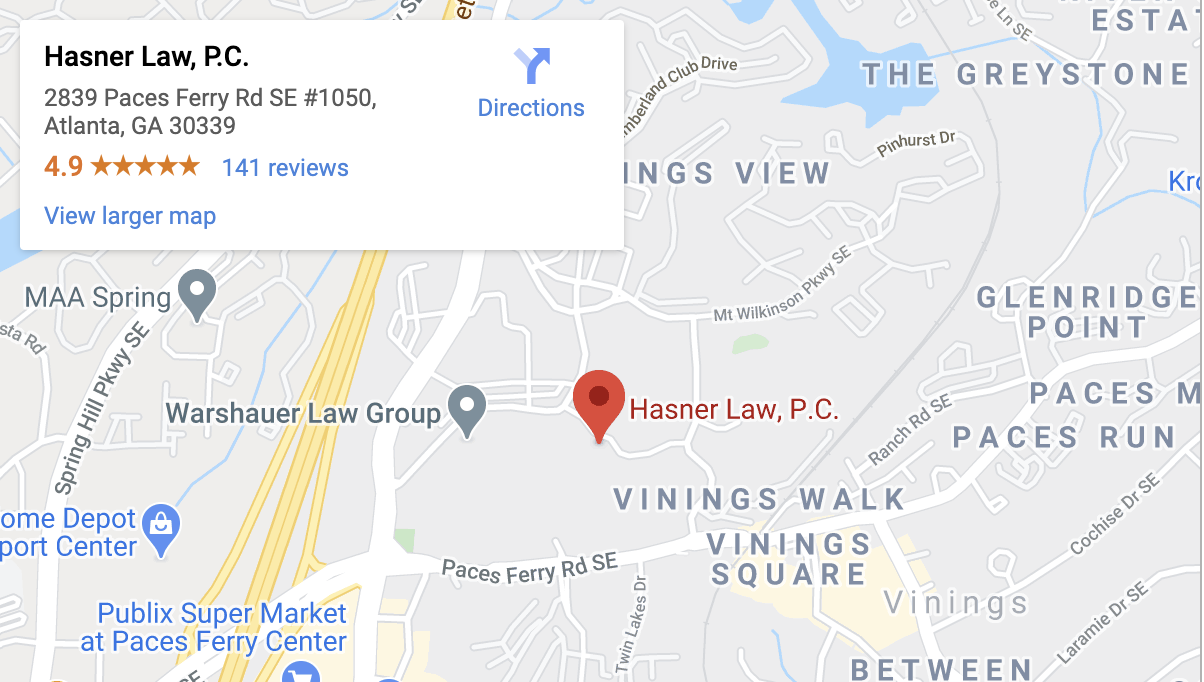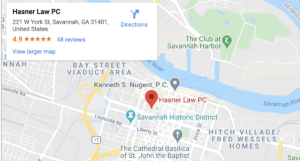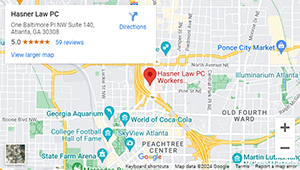Key Takeaways About Workers’ Compensation in Athens, GA
- Historical Context: Georgia’s Workers’ Compensation laws, dating back to 1920, were established to support workers in cases of workplace injuries, replacing outdated common law practices.
- Simplified Access: These laws simplified access to benefits by eliminating the need to prove employer negligence, making it quicker and fairer for injured workers to receive medical and income benefits.
- Coverage and Dispute Resolution: Most employers with three or more employees must provide coverage, granting workers access to medical care, income benefits, and permanent disability support. The system aims to minimize disputes through administrative law judges.
- Role of Workers’ Compensation Attorney: An Athens workers’ compensation attorney plays a crucial role by acting as a communication liaison with insurance companies, negotiating fair benefits, protecting against retaliation, and guiding through appeals and litigation when disputes arise.
Workplace injuries can be life-altering, leaving individuals dealing with physical, emotional, and financial challenges. Understanding your rights and securing the compensation you deserve is crucial during such challenging times. Whether it’s a sudden accident, occupational illness, or exposure to hazardous substances, under workers’ compensation, employees have the right to file for benefits.
At Hasner Law, we bring over a century of combined experience to your side, providing unwavering support as you pursue the compensation and care you rightfully deserve. Don’t navigate the complexities alone – trust Hasner Law to be your ally, advocating for your rights and securing the benefits you need. Your rights matter, and at Hasner Law, we’re here to protect them.
Understanding Georgia’s Workers’ Compensation Laws
Workplace injury and accidents don’t just cause physical pain; they often impact the workers’ ability to complete their employment duties. Fortunately, Georgia’s Workers’ Compensation laws are designed to support workers facing such challenges.
Georgia’s commitment to workers’ welfare traces back to 1920 when the Workers’ Compensation Act was adopted. As the forty-second state to embrace this legislation, Georgia aimed to address the rising challenges of work-related injuries during a period of industrial expansion. This legal framework, now codified in Title 34, Chapter 9, ensures that employees receive timely medical and income benefits while establishing a fair mechanism for employers to contribute.
Why It Matters
This act was a game-changer in workers’ rights, shifting from outdated common law practices. Under the older system, employees faced significant legal hurdles to prove employer negligence, making benefits elusive. Georgia’s adoption of workers’ compensation simplified the process, removing the need for fault determination. Now, workers need only show that their injuries occurred during employment, ensuring quicker and fairer access to benefits.
How It Works
Most employers with three or more employees are required to provide workers’ compensation coverage, either through insurance or approved self-insurance plans. The injured worker gains access to medical care, income benefits for lost wages, and benefits for permanent disabilities. The act strives to minimize disputes, with the majority of claims being undisputed or resolved through administrative law judges.
Ensuring Fairness
The act protects both workers and employers. It provides a safety net for workers by guaranteeing financial support for medical expenses and lost income resulting from work-related injuries. Simultaneously, it shields employers from the uncertainties of jury trials and hefty settlements, creating a balanced and efficient compensation system.
What Injuries Are Covered Under Workers’ Compensation?
Navigating workers’ compensation can be complex, but understanding the types of injuries covered is crucial. Common work-related injuries covered include the following:
- Traumatic Brain Injuries (TBI): From unexpected accidents, TBIs can have lasting effects, and workers’ compensation provides coverage for the medical care and rehabilitation needed.
- Limb and Extremity Injuries: Whether it’s a severe injury, amputation, or damage to limbs, workers’ compensation steps in to support workers facing challenges in mobility and function.
- Burns and Electrocutions: Work-related accidents such as burns and electrocutions fall under the umbrella of workers’ compensation, ensuring financial assistance for medical treatment and recovery.
- Sprains, Strains, and Repetitive Stress Injuries: Over time, repetitive motions or sudden impacts can lead to injuries. Workers’ compensation covers treatment and rehabilitation for these common workplace afflictions.
- Internal Injuries: From internal organ damage to illnesses resulting from workplace exposures, workers’ compensation addresses the comprehensive spectrum of internal injuries.
- Bone Fractures: Accidents resulting in bone fractures are common in various industries. Workers’ compensation steps in to provide financial support for medical expenses and recovery.
- Back and Neck Injuries, Including Spinal Cord Injuries: Whether due to a single event or cumulative strain, workers’ compensation is there to assist workers dealing with back and neck injuries, including more severe cases like spinal cord injuries.
The Georgia Workers’ Compensation Act extends to illnesses arising from exposure to toxic substances at the workplace. For instance, conditions like mesothelioma due to asbestos exposure fall under the purview of workers’ compensation. In some instances, injured workers might even have the right to seek compensation from the manufacturers of hazardous substances, offering a dual layer of protection.
How Does an Athens, GA Workers’ Compensation Lawyer Help?
Encountering a work-related injury or illness can be overwhelming, but the presence of a seasoned workers’ compensation attorney can make a pivotal difference in securing your rights and well-deserved compensation.
Communication Liaison
Dealing with insurance companies can be intricate, and the tactics employed often aim to minimize costs. An Athens workers’ compensation attorney acts as a communication buffer, handling all interactions with the insurance company. Ensuring your interests are protected, and you aren’t pressured into settling for less than what you deserve.
Negotiating Fair Benefits
Insurance companies may attempt to downplay the severity of your injuries or offer settlements that fall short of your needs. A skilled Athens, Georgia workers’ compensation lawyer, armed with a deep understanding of the legal landscape, negotiates on your behalf to secure fair benefits that consider both the immediate and long-term implications of your injuries.
Protecting Against Retaliation
Fear of retaliation can deter workers from pursuing their rightful benefits. A workers’ compensation attorney ensures you’re shielded against any form of employer retaliation for seeking the benefits you deserve. Your job and well-being are safeguarded as you navigate the legal process.
Appeals and Litigation
In cases where disputes arise, an Athens workers’ compensation lawyer guides you through the appeals process. Their expertise in litigation ensures that, if necessary, your case is presented comprehensively and you have the best chance of receiving the benefits you deserve.
Contact an Experienced Workers’ Compensation Attorney
During a Workers’ compensation claim, understanding your rights is the first step toward reclaiming control over your life after a workplace injury. If you’ve been injured on the job, Hasner Law is ready to stand by your side. With a legacy of over 100 years of combined experience, our team is dedicated to providing the support and legal expertise you need. Let us navigate the legal complexities, allowing you to focus on healing and rebuilding. Contact Hasner Law today through our contact form or by calling (678) 888-4878.






